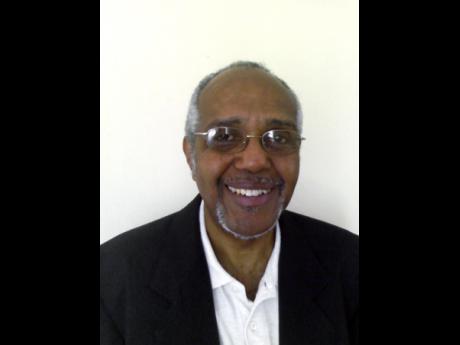Self Image and your TV remote
Self-image and your TV remote
Cable repairman Jeff responded to a client's complaint that his television was only showing movies and he wanted news. Jeff advised him that he needed to change the channel if he wanted different content. DUH!
This simplistic example has life-changing implications. We are likely to be guilty of a similar but more serious error. We might be pursuing a dream or trying to shake a bad habit without success. We have relied on willpower and affirmations and are stumped as to why the change has not taken place.
Our mistake is failing to recognise that our self-image is the 'remote control' of our behaviour. We cannot get different results without changing our self-image.
Our self-image is what we believe to be true about ourselves. "I suck at maths. I am pretty good at football." That becomes true. Our self-image determines what we think, say and do!
What we believe about ourselves is built up over time from external and internal factors. Parents, teachers, television, books, friends, schoolmates, work experience, how we feel about ourselves in different situations, successes, embarrassments, etc.
Our self-image is extremely important since it controls our thoughts, words and deeds.
Professor Maxwell Maltz, in his book The New Pscho-Cybernetics, shares transformational insights on the role of self-image:
"By understanding your self-image and by learning to modify and manage it to suit your purposes, you gain incredible confidence and power. ... Positive thinking cannot be used effectively as a patch to the same old self-image. In fact, it is literally impossible to really think positively about a particular situation as long as you hold a negative concept of self. Numerous experiments have shown that, once the concept of self is changed, other things consistent with the new concept of self are accomplished easily and without strain."
So how can we change our
self-image?
According to Maltz: "Realising that our actions, feelings and behaviour are the result of our own images and beliefs gives us the lever that psychology has always needed for changing personality. It opens a powerful psychological door to gaining skill, success, and happiness.
"Mental pictures offer us an opportunity to practise new traits and attitudes, which otherwise we could not do. This is possible because, again, our nervous system cannot tell the difference between an actual experience and one that is vividly imagined.
"If we picture ourselves performing in a certain manner, it is nearly the same as the actual performance. Mental practice is as powerful as actual practice."
Another approach is to invite divine intervention and accept Apostle Paul's admonition to transform who we hold ourselves to be and create a self-image that is not conformed to the flawed pattern of worldly living.
(Romans 12).
Visualisation and spiritual renewal aside, we can adjust our self-image by making certain changes - we can relocate, sever ties, and develop new relationships. We can also get coaching and mentoring.
Change your self-image and transform your life.
Psychologist Dr Theodore Barber, writing in Science Digest of January 1958, highlights the importance of belief:
"The phenomena of hypnosis have always seemed mysterious because it has always been difficult to understand how belief can bring about such unusual behaviour. It always seemed as if there must be something more, some unfathomable force or power, at work.
"However, the plain truth is that when a subject is convinced that he is deaf, he behaves as if he is deaf; when he is convinced that he is insensitive to pain, he can undergo surgery without anaesthesia. The mysterious force or power does not exist."
Hopefully, you appreciate that a firmly ingrained 'I am' will automatically dictate and direct your 'dos'. What you 'do' flows directly from 'Who you are'.
You can apply the principles above to modify your thoughts and actions and shape your desired self-image or allow your persistent actions to reinforce your current self-image.
It is never too late to adjust your self-image and have change manifested in your life.
Master and coach these concepts with our SHRM-accredited Certified Behavioural Coach Award and 3D Leader Certification: Leading Difficult People programmes. Earn PDCs for the SHRM-CP or SHRM-SCP certifications. Email info@infoservonline.com.
n Trevor E.S. Smith is a Behaviour Modification Coach with the Success with People Academy.


